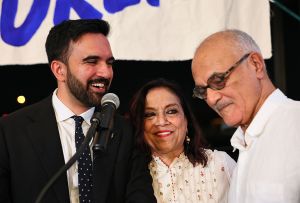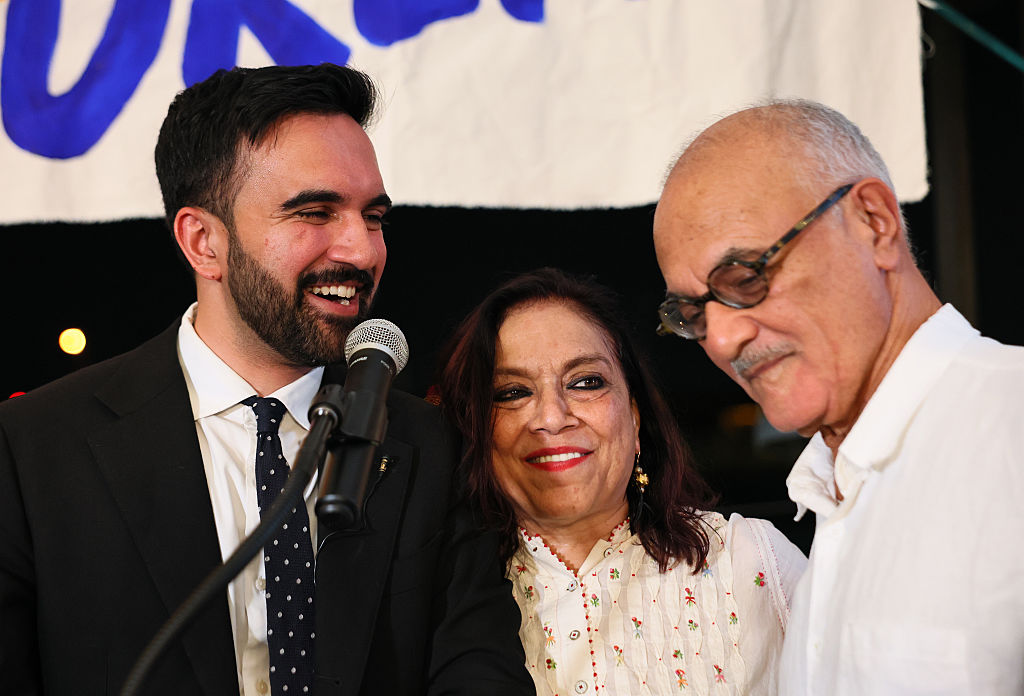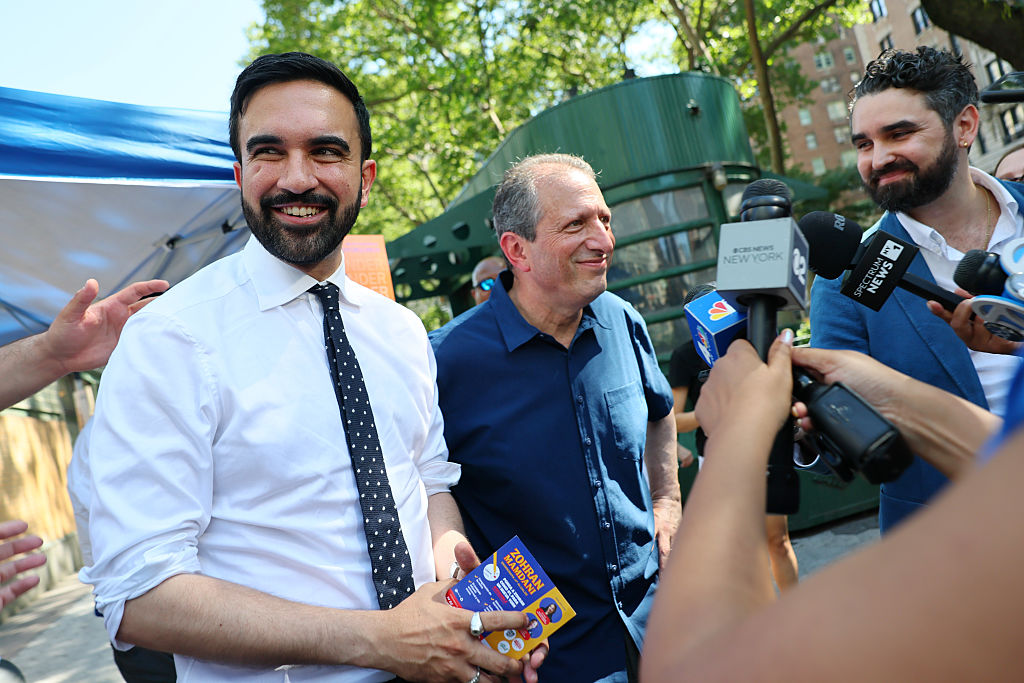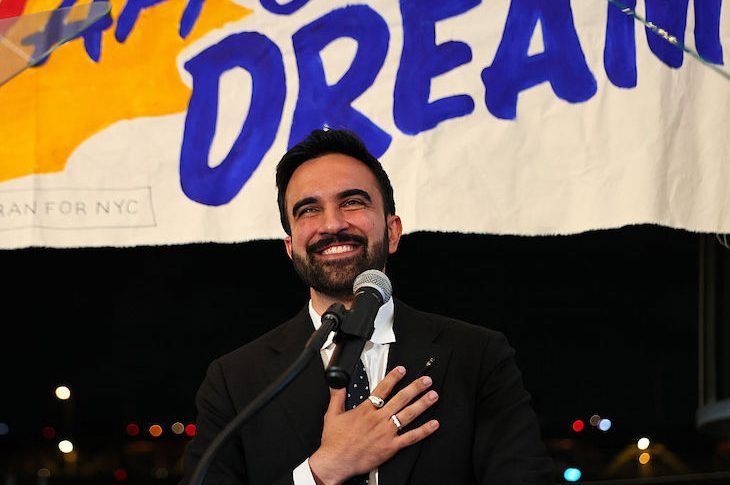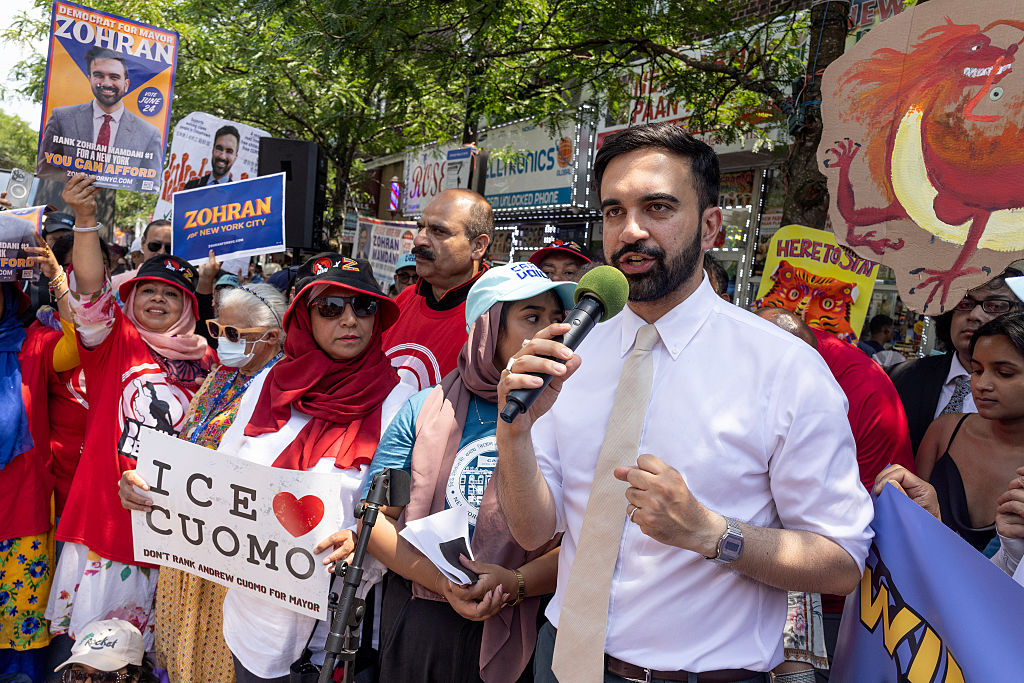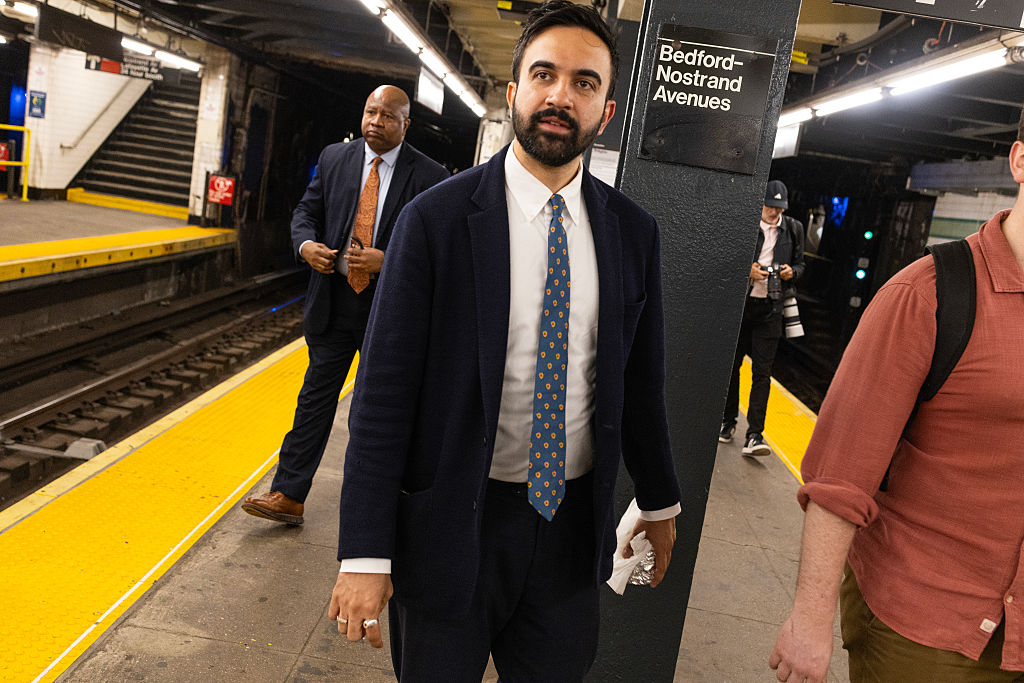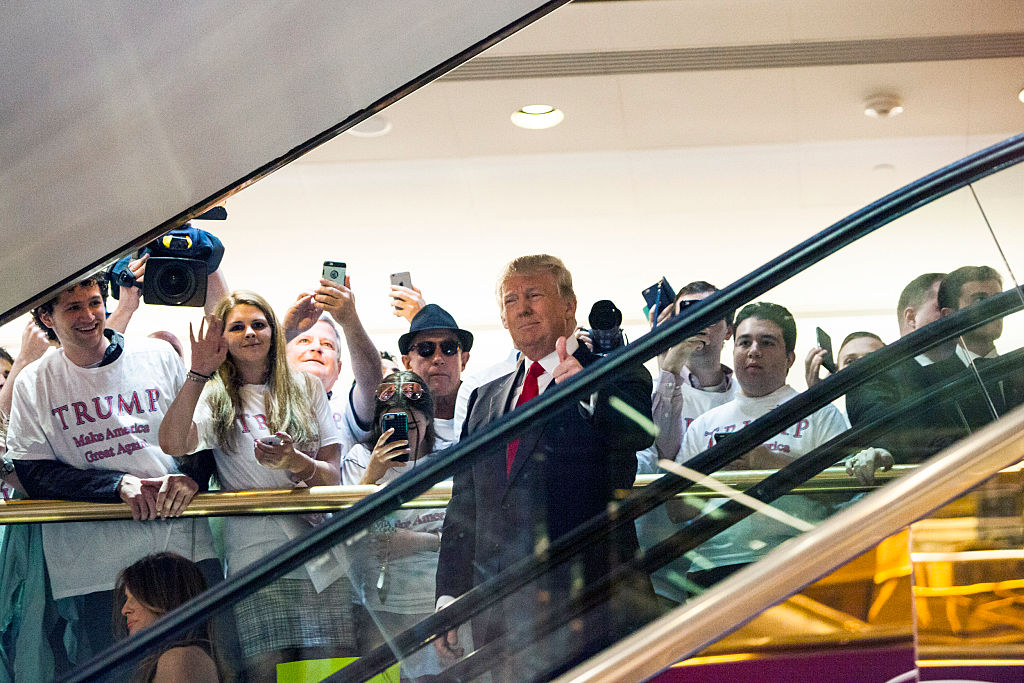Lee Zeldin’s fairytale run for governor of New York fell short on Tuesday as he lost by roughly five points to incumbent Kathy Hochul. The race began months ago, and at first seemed out of reach for the Long Island congressman. But a strong campaign focused on crime pulled him to within striking distance before petering out.
To put the race in perspective, Democrat Andrew Cuomo, whom Hochul replaced after his resignation in 2021, won the governorship by twenty-two points in 2018, and most prognosticators saw a similar romp in the cards for Hochul when the 2022 cycle began. But in the end, though he captured the imagination of the nation, Zeldin could not capture the governor’s mansion in Albany.
The key battleground was New York City, where Zeldin was never going to win but where he hoped to keep things close enough that the rest of the state could pull him to victory. It was a respectable showing. He won 29 percent of the vote in Brooklyn, 37 percent in Queens and dominated Staten Island, where GOP congresswoman Nicole Malliotakis won an easy reelection. But in the Bronx and especially in wealthy Manhattan, Hochul faced the solid and traditional numbers that Democrats are accustomed to.
Hochul’s governorship may have been saved by her last ditch effort in the final week or so of the campaign during which she finally admitted that crime is a problem and offered plans to curb it. If that effort was sincere, then Zeldin may have still done a great service to his state, even in losing. But that is cold comfort to him and his supporters who were hoping for the end of single-party rule in New York State.
Zeldin’s close call may have had some down-ballot significance in House races. Along with Malliotakis’s easy win in a seat Democrats had hoped to flip, the GOP is also leading in New York’s 17th district where Sean Patrick Maloney, the chair of the Democratic Congressional Campaign Committee, faces an end to his political career. In all at least four House seats in New York flipped from blue to red. Kevin McCarthy may well wind up as speaker on Lee Zeldin’s coattails.
Though Zeldin failed to turn New York red, he did turn this election into the closest one in the state for two decades. Voters have now sent a message to Hochul and the Democrats that they want change, safety and stronger police. It will be up to Democrats to either respond to these demands or face further erosion of their electoral dominance in the future.
Though Republicans saw some bright spots nationally, especially the rout by Ron DeSantis in Florida (one that was likely influenced by a lot of ex-New Yorkers), it turned out to be a night of almosts for the Grand Old Party. And no almost stung quite as sharply as Zeldin’s close encounter with the governorship.
Where this leaves New York going forward is an open question. Voters are clearly frustrated, though not enough to remove Democrats from power. Will a responsive Hochul move the party back to the center? That might be her desire, but it was progressives in the Working Families Party that pulled her over the finish line, and they will be looking for left wing favors in return.
They said it couldn’t be done, and in the end they were right, but if Zeldin couldn’t break through the bright blue ceiling of New York’s electoral politics, he at least dented it. New York may now be in play going forward, but for now, it’s a blue day for red New Yorkers.











